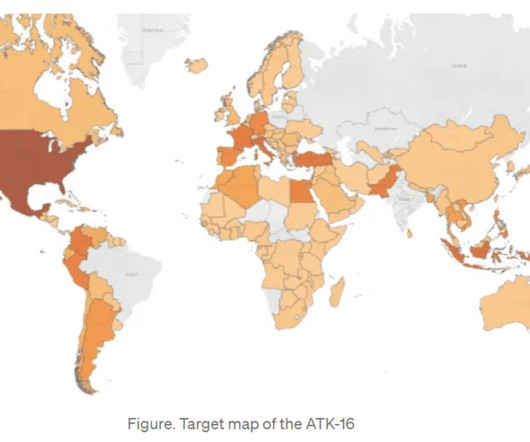Mobile malware evolution 2020
SecureList
MARCH 1, 2021
In their campaigns to infect mobile devices, cybercriminals always resort to social engineering tools, the most common of these passing a malicious application off as another, popular and desirable one. The mobile malware Trojan-Ransom.AndroidOS.Agent.aq They typically work with malware developers to achieve this.












Let's personalize your content